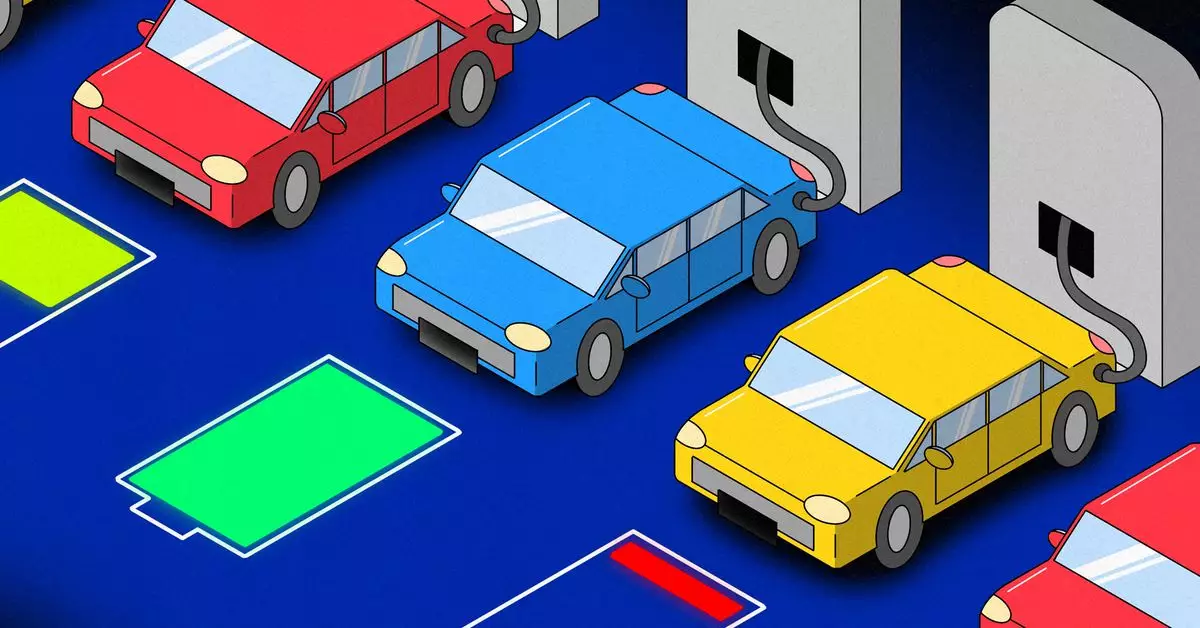One of the key selling points for electric vehicles (EVs) is the claim that they require less maintenance compared to traditional gas-powered vehicles. The absence of oil changes and the reduction in moving parts seem to suggest a hassle-free ownership experience. However, the reality is quite different.
JD Power’s latest quality study has unveiled some concerning information about EVs. Despite the common belief that EVs are more reliable than internal combustion vehicles, the study reveals that EV owners reported 266 problems per 100 vehicles, significantly higher than the 180 problems reported by gas vehicle owners. Interestingly, most of the issues are related to the technological components rather than the mechanical aspects of the vehicles.
Tesla’s Declining Performance
While Tesla has often been regarded as a leader in the EV market, even surpassing legacy automakers in terms of quality, the recent study indicates a decline in Tesla’s performance. JD Power attributes this change to major design alterations in Tesla vehicles, including the elimination of conventional controls like turn signal stalks. Moreover, customers are increasingly dissatisfied with the advanced technology features that have been integrated into EVs.
One of the primary concerns highlighted by the JD Power study is the proliferation of complex software in modern vehicles. Drivers are grappling with false warnings, malfunctioning driver-assist systems, and problematic infotainment touchscreens. EVs reportedly have 30% more issues in the “Features, Controls, and Displays” category compared to gas vehicles. The attempt to mirror smartphone features in vehicles has also resulted in connectivity problems, leaving many customers frustrated.
Brand Loyalty and Reliability
Interestingly, the brands that demonstrate the fewest problems tend to have high customer retention rates. For instance, truck owners exhibit strong brand loyalty, with Ram vehicles emerging as the top-rated brand in the JD Power survey. The familiarity and consistency associated with certain brands contribute to a more positive ownership experience, as opposed to taking a risk with a new brand or powertrain.
As the automotive industry undergoes a significant transformation from traditional vehicles to technology-laden EVs, consumers are facing unexpected challenges. The shift towards electric mobility is not without its hurdles, with customers bearing the brunt of the teething issues associated with these high-tech vehicles. The transition period is marked by confusion and frustration as both manufacturers and consumers navigate the complexities of the evolving automotive landscape.
The rosy picture painted of electric vehicles as low-maintenance, problem-free cars is a fallacy. The JD Power study serves as a stark reminder that the integration of advanced technology in EVs presents a new set of challenges for consumers. As the industry continues to innovate and adapt to changing demands, it is imperative for automakers to address these quality issues promptly to ensure a seamless and satisfactory ownership experience for EV drivers.


Leave a Reply